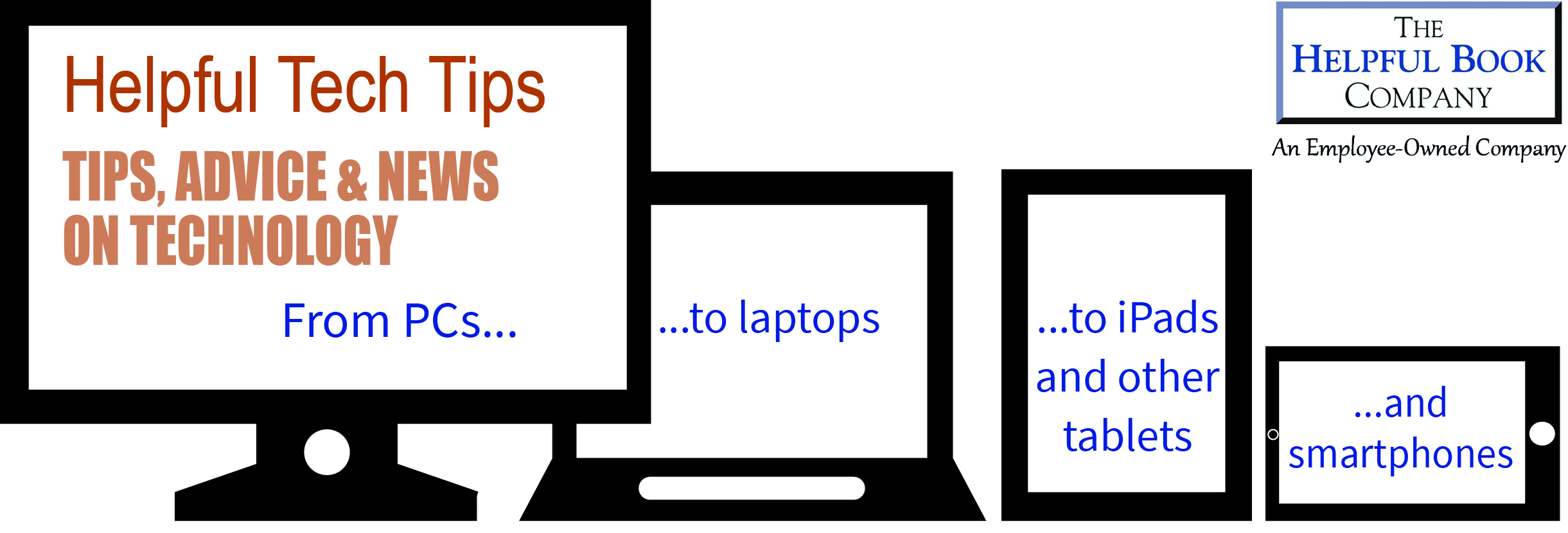Happy New Year! I hope you had a good Christmas. I’ve certainly enjoyed the break and seeing Alastair and Edward having so much fun. (I think Alastair’s favourite bit was the roast potatoes – he can’t get enough of them)
Since it’s the start of the year, I’ve been thinking about what’s coming up – what’s new in computers and technology. And when I think about it, one or two things surprise me.
For example, it seems to be going backwards. When I first became interested in computers, different makes of computer ran different programs. If you had (say) a Commodore, you couldn’t run a program written for a BBC or an Apricot. In fact if you had a Commodore VIC 20 (say), you couldn’t even run a program written for a Commodore PET, even though it was made by the same company.
Then it got better. More or less all PCs (and everyone called them PCs by now) were “IBM compatibles” running DOS and then Windows. Which meant they were all (more or less) compatible – you could run the same software on PCs from all sorts of different manufacturers. It’s true, Apple were making Macs that wouldn’t run PC software, but nearly every other manufacturer was making compatible PCs – and virtually nobody bought Macs anyway. It made life much simpler.
And it made things easier to learn, too, because more or less all PCs work in much the same way.
But over the last year or two tablet PCs have taken off – and some run Windows 8, some run iOS (that’s the Apple version) and some run Android (that’s designed by Google). And they aren’t at all compatible.
Then there are different versions of Windows – the new Windows RT for tablet PCs won’t run programs written for earlier versions of Windows.
It makes it more confusing again.
If tablet PCs were something not many people were interested in, it wouldn’t matter. But they’re becoming more and more popular – and with good reason. I’ve experimented with one and found it very handy for quickly checking the odd thing on the internet, sending a quick email, reading an ebook or taking out with me when I’m going away for the weekend. Some can even act as a SAT NAV, which is handy.
And mobile phones are becoming more and more like fully blown computers, too.
It’ll carry on changing, too. I think computers, tablets and phones will become more customisable – so you’ll be able to set them up to work in the way you like. That’s great once you’ve done it, but there are two snags:
First, you have to know how to do it!
Second, it means your PC won’t be set up to work in the same way as a friend’s – so they’ll be less able to help you with it.
Sorry – that all sounds rather negative for the New Year. But there are two reasons why it shouldn’t get you down!
First, the devices will become easier to use – they’ll work more in the way you think. Touching the screen to operate it is easier to learn than using a mouse. It might be something new to learn but at least it’s easier! And some devices are now getting much better at voice control. It’s like something out of Star Trek – instead of knowing how to start the Maps app (to pick something at random) you can say “Show me a map of Millom” and it will. So you won’t need to know everything you want to be able to do – just how the basics work and what it’s capable of.
Secondly, I won’t make you deal with all this on your own! I’ll still be writing this newsletter twice a month and I’ll be hard at work working out what books or videos might be helpful. And of course, if you’re a member of the Inner Circle, there’s always the Clubroom where you can ask questions!
I remember when I was little I had an idea for a program where you would type a sentence in in one language and it would translate it for you. At the time, the average computer simply couldn’t have stored enough to do it. Now Google will do it for you in an instant… but some companies are working on linking that to speech recognition and making it work fast enough that you can say something in one language, it’ll translate it and read it back in another. What a great way to practice learning a foreign language – or how useful if you’re stuck in a foreign country and can’t speak the language?
That’s just one of the things that would have sounded impossible not long ago but may well happen in the near future.
It’s pretty amazing what computers can do, but there’s still lots new to come. And we’ll be here making it all easier to use!
Anyway, enough being thoughtful for the morning. I think the boys want me to help play with their new toys!
Here’s to a brilliant 2013
